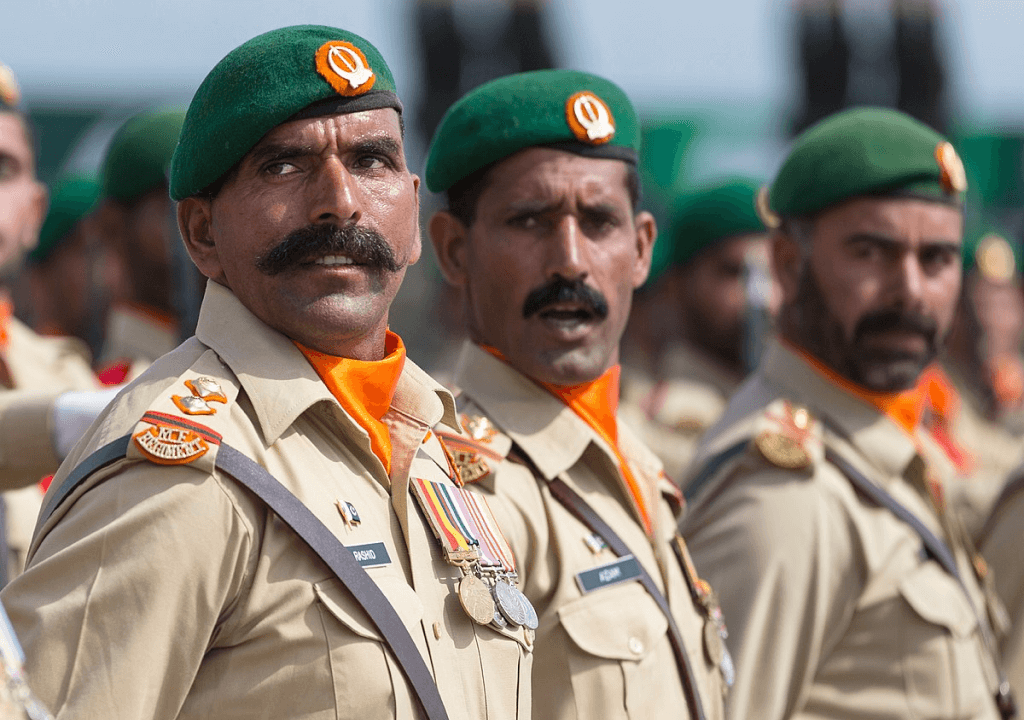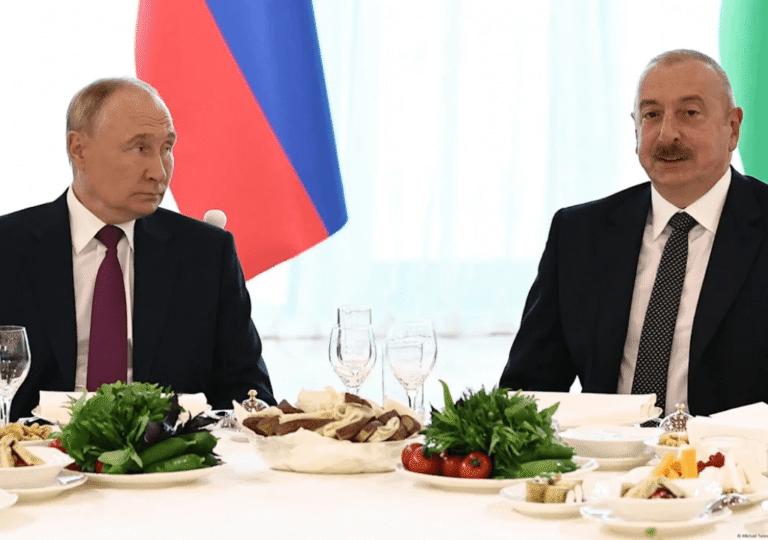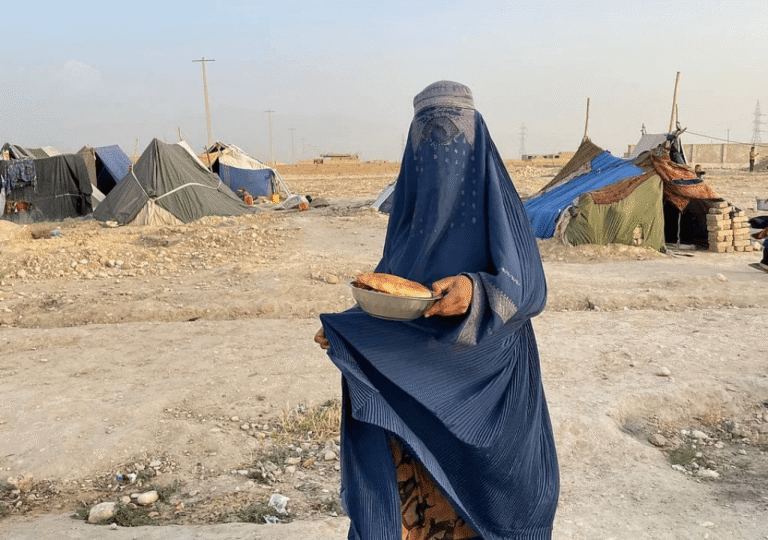Pakistan, a state formed by the division of British India in response to the long-standing demands of Islamists in the Indian subcontinent, has always been a battleground between conservative Muslims and British-educated Muslims. From the country’s inception in 1947, leaders like Muhammad Ali Jinnah, who strongly advocated for Pakistan and led the movement for its creation in British India, envisioned a modern state that included Sunni and Shia Muslims, as well as Ahmadiyya, who are considered outcasts of Islam, and Dalits, the outcasts of India. However, there was strong opposition from conservatives who demanded an Islamic state based on Sharia law, which excludes rights for anyone outside Sunni Islam.
Pakistan has never fully resolved these internal conflicts, which have even called its foundation into question. The 1956 constitution reflected these disputes by blending British modern values with Islamic principles, declaring Pakistan the world’s first “Islamic Republic.” Initially, British-supported and British-educated individuals dominated the administration, maintaining a relatively peaceful period in the country. Since the 1970s, the situation has changed dramatically. Corruption among leaders, the influx of Middle Eastern funds promoting a strict form of Islam, the Islamic Revolution in Iran that rejected modernism, the rise of the Islamic Emirate in Afghanistan, and the resurgence of Hindu nationalism in India have all fueled support for Islamist factions in Pakistan. Political parties that once championed coexistence have moved towards more radical stances. Combined with worsening living conditions in a failing state, these factors have contributed to the rise of terrorism. Pakistan, which sheltered Osama bin Laden and conducted terrorist operations in several countries, eventually became one of the hotspots of Islamic terrorism, making life increasingly difficult for seculars and liberals.
Now, Islamist factions, including Tehreek-e-Taliban Pakistan (TTP) and Islamist political parties like Pakistan Tehreek-e-Insaf (PTI), led by Imran Khan, are more influential in the country than conventional ones, reflecting the changing mood in the state. This shift is evident in the transformation of the country’s most popular leader, Imran Khan, once the stylish captain of Pakistan’s national cricket team, who was married to a liberal British woman and has now become one of the country’s most prominent Islamic preachers. He established an Islamist party and married a wife who wears a burqa – a change visible throughout the state.
Pakistan, once considered a potential competitor with India in science and technology with strong support from the UK, the US, and Saudi Arabia—all of whom sought to elevate Pakistan as a rival to India – now appears to be deteriorating into a more extremist Islamic state, resembling Afghanistan. However, this does not satisfy the Islamists, who demand further Islamization of the administration. Attacks on British-influenced or modern-valued administrative systems and institutions have increased under the banner of anti-colonialism. In addition to frequent terrorist attacks and bomb blasts targeting opposition groups, attacks on police stations and courts – key remnants of the British-introduced system – have become increasingly common. In the border regions near Afghanistan and Iran, where the TTP (commonly known as the Pakistani Taliban) is strong, there was a record surge in violence last year. According to Al Jazeera, Pakistan’s two border provinces have seen a 93 percent rise in attacks since the TTP ended its ceasefire in 2022. Most recently, a video trending on X shows Islamic clerics attempting to invade the Supreme Court to attack the Chief Justice, whom they accuse of supporting minorities. It is clear that, after politics, the judiciary and the law have become the latest targets of the Islamists. Even though the Islamic Republic of Pakistan already has biased Islamic codes that make life miserable for minorities, the Islamists demand the introduction of complete Sharia law, which would undermine human rights and modern values.
The question is how long Pakistan can continue with the current constitution and Islamic Republic status, which includes many British and modern values, as extremism and radicalism rise. It is noted that people do not have much belief in the current administration system, which imposes tough living conditions. There is also little expectation of change in the administration style, as politicians are seen as embezzling money to the UK, and the country is heavily in debt to China. This creates a perfect environment for radicalism to grow. With the situation in Iran, Afghanistan, or Bangladesh not far from Pakistan, a revolution is also possible here. However, the result is unlikely to be a modern government like in many Muslim countries; it may be a more Islamic government, potentially worse than Afghanistan, as Pakistanis may feel the need to prove they are more authentic Muslims than the Arabs.








